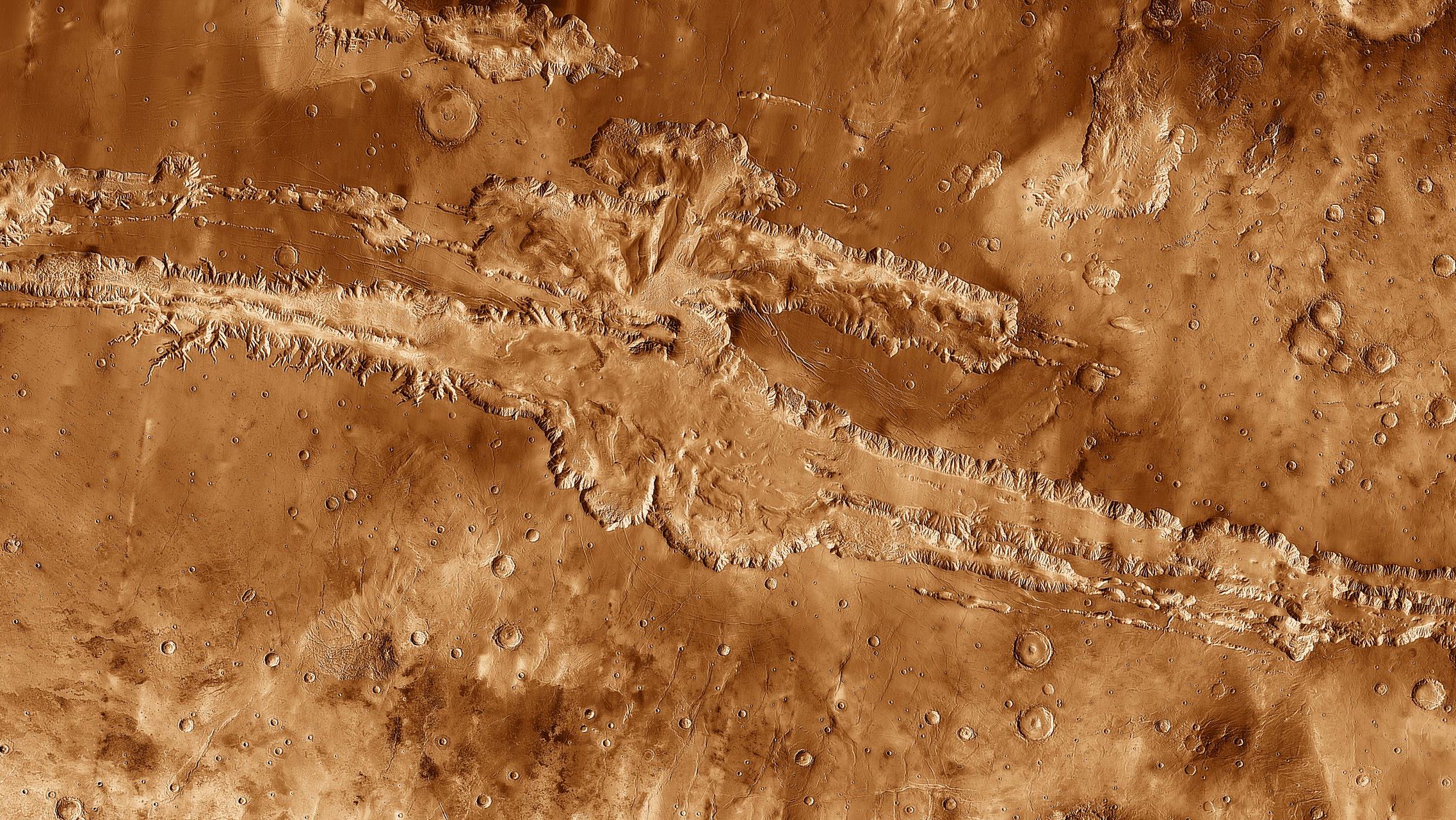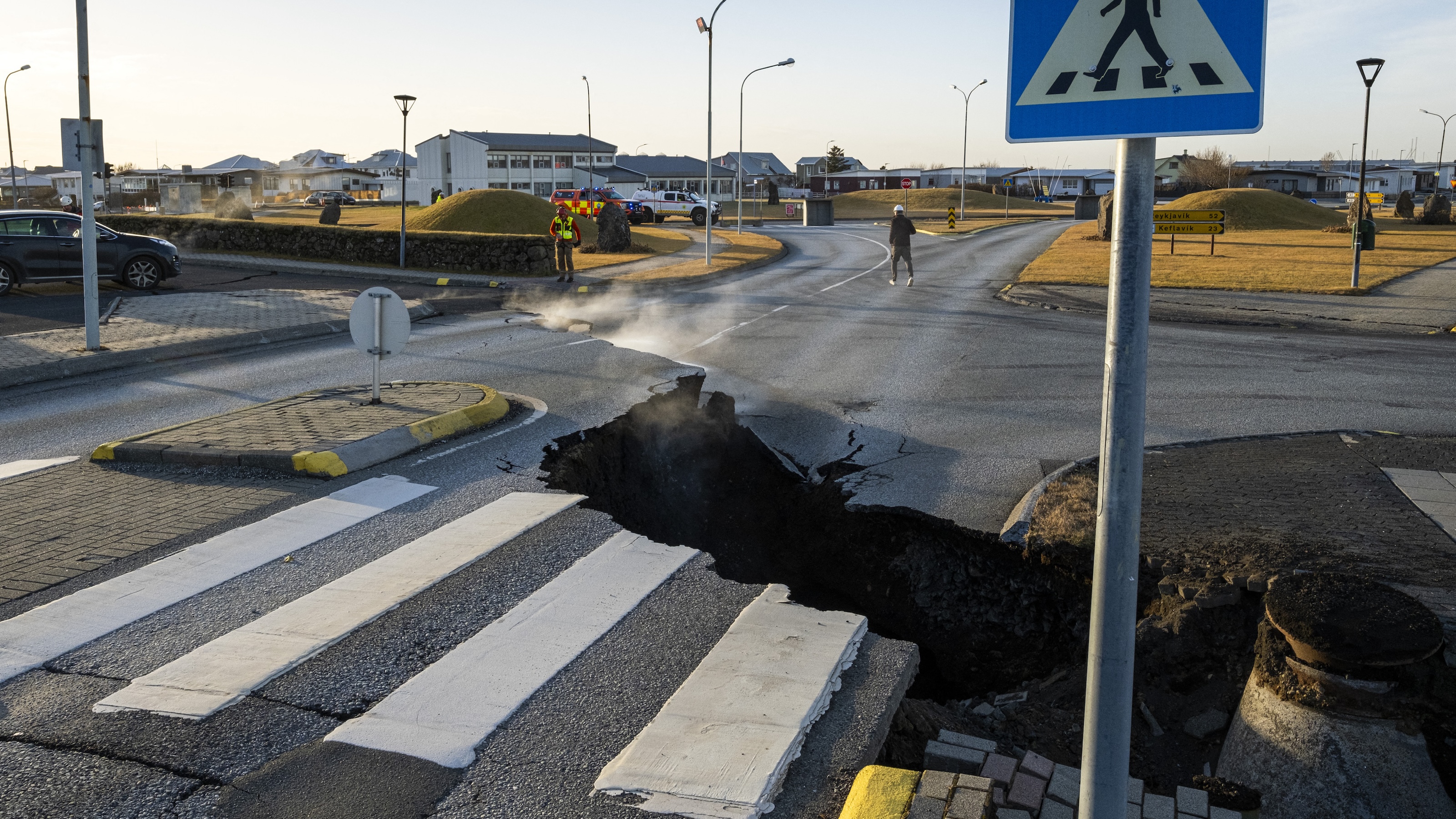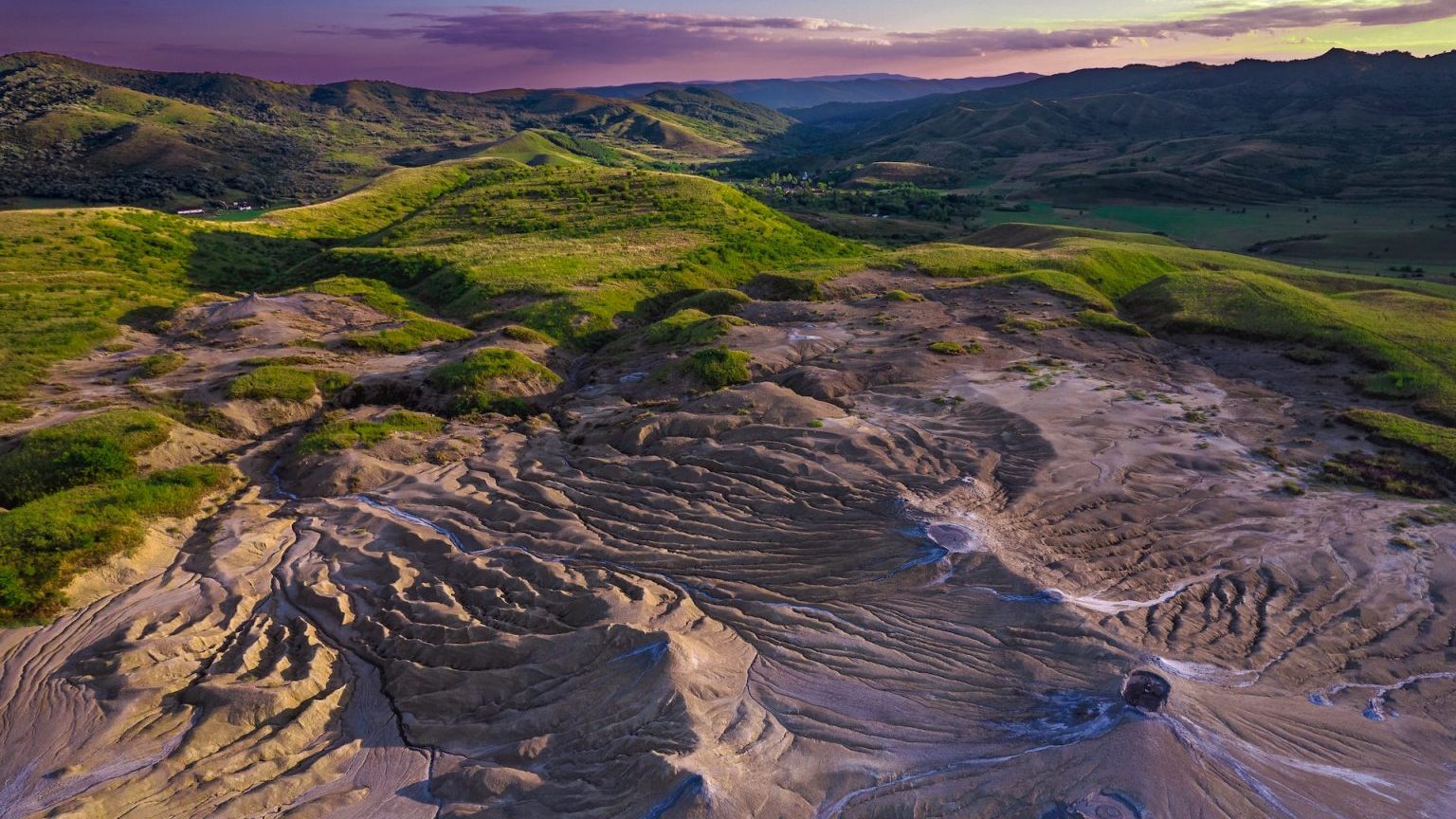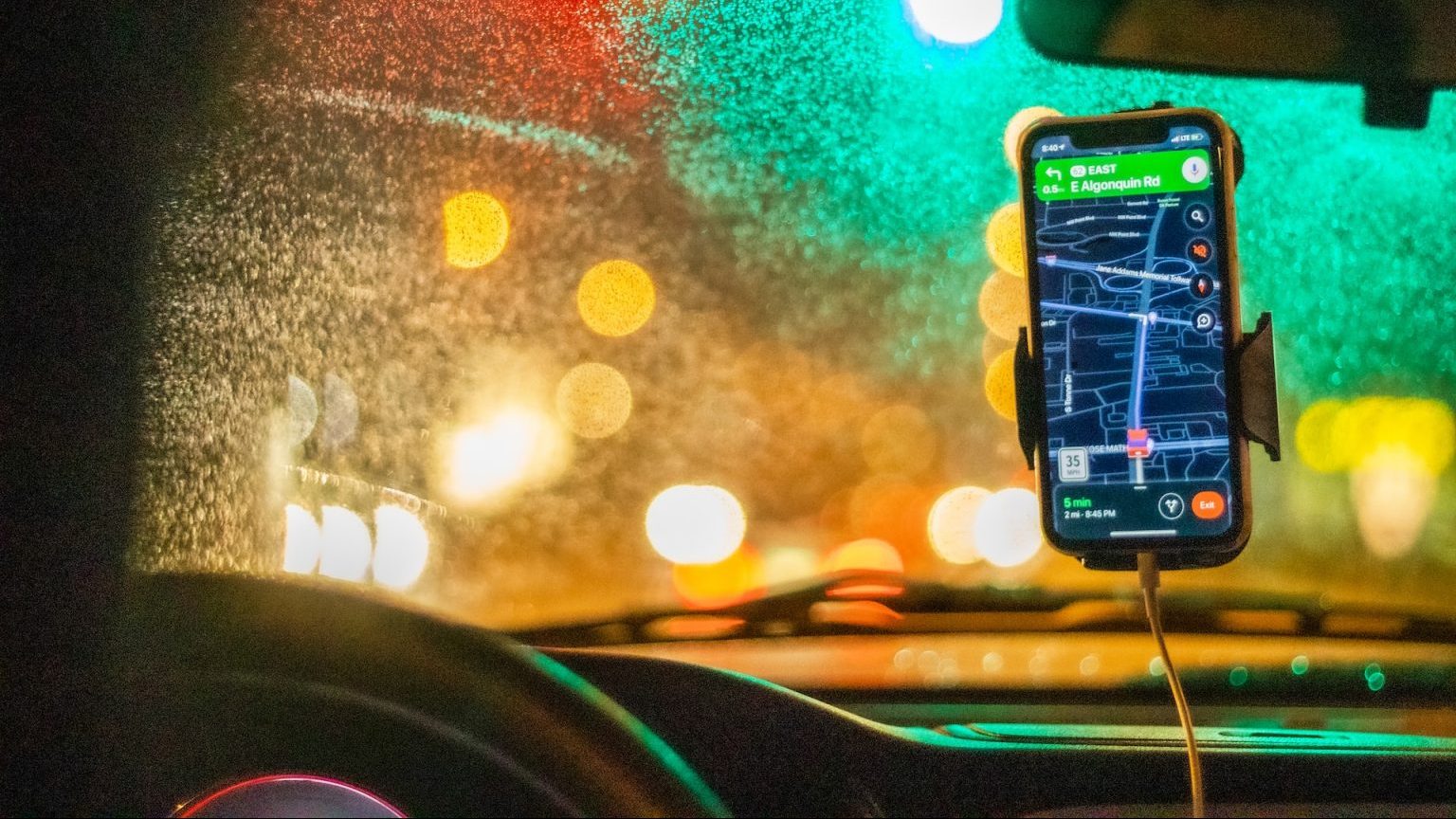Bombay Beach/San Andreas earthquake swarm: Arglebargle or Fooforall?

Image courtesy of the Southern California Earthquake Center
I have to admit, I’ve only been perpherially following the earthquake swarm currently going on in Southern California, near the end of one of the strands of the San Andreas fault out below the Salton Sea (see the bottom of the map above). The “Bombay Beach” swarm (as I’ll call it … beats me what most people are calling it) is being closely monitored by the USGS. However, from what I had heard from a friend of mine with a more structure/tectonics background, looked like tectonic quakes with “beachball focal mechanism solutions” that were dominantly strike-slip following the regional trends. Heck, there is even some sense that we can “see” the motion caused by the swarm, and this stretch of the fault hasn’t had a major earthquake since 1680.
However, Eruptions reader Thomas Donlon sent me a link to the Arizona Geology blog today that suggest that the earthquakes might be magma related – I stress might. A 3D rendering of the earthquakes from the swarm – all between 0.1 and 4.8 on the Richter Scale – are reminiscent of what you might expect from magma movement and cooling.
** WARNING : SPECULATION AHEAD **
Now, I am no expert in the geology of the area and yes, a strike-slip system is not your typical home for volcanism, but it is not unprecedented. Volcanism can occur in “pull apart” areas along a strike-slip fault where the fault, similar to the situation with the San Andreas near the Salton Sea. Also, evidence of magmatism have been seen before in that area of the fault system. The Salton Sea area is no stranger to volcanism as well during the Quaternary along with the Salton Sea geothermal field. So, it wouldn’t be out of the question that these swarms might be magma moving/intruding under the Salton Sea. Now, if (and I stress if) an eruption were to take place, I’m not entirely sure what form it might take: rhyolite domes like the Salton Buttes, cinder cones like the San Francisco Volcanic Field in Arizona, beats me. However, it is an interesting prospect to think that volcanism might occur in southern California.
I’m not saying this swarm means an eruption is likely to happen, or even possible based on the earthquake data collected so far, but I thought I would mention that it is possible. Feel free to add your two cents and correct my speculation. Interesting stuff, no doubt.




